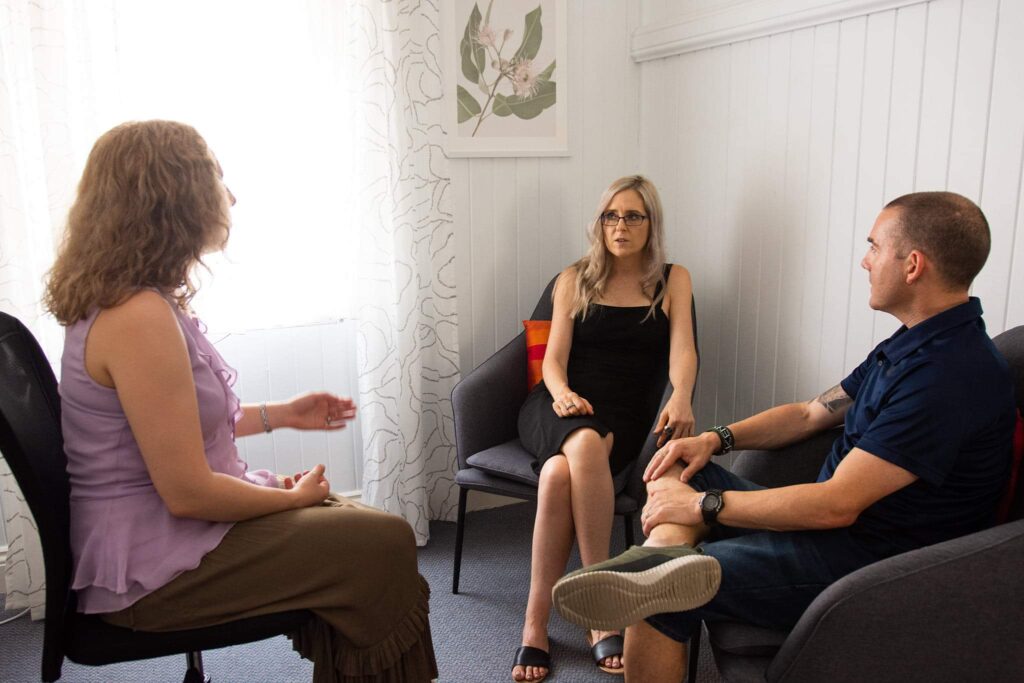The therapeutic relationship is one of the most important parts in therapy.
When we are looking for a grief counsellor we need to make sure we find someone who is a good fit for us. Someone we are comfortable with and who makes us feel safe enough to be able to share how we are feeling.
This emotional safety comes from someone who is non-judgemental and caring. Someone who does not try to rush us through our grief but is happy to sit with us in the pain and hold space for us to slowly process how we feel.
How do I find the right grief counsellor?
Not every therapist specialises in grief and loss. It can be helpful to look for a therapist who works specifically in this area and/or has lived experience with grief and loss.
You are very welcome to interview therapists to see if they are the right person for you and have an initial phone call before you agree to engage in therapy.
And if you engage in therapy and don’t feel comfortable with the therapist you chose, trust your instincts and try another therapist. After all a large percentage of the success of therapy is determined by the rapport you have with the therapist!
What might grief counselling look like?
Grief counselling is a process that does not have a time-frame. This process should allow you to acknowledge how you are feeling, even the painful feelings, and to give yourself permission to allow these feelings the time and space they need.
Grief counselling does not look the same for everyone, as we all experience grief uniquely depending on our relationship with the person who died, the circumstances of their death, and our own individual grieving style.
Healing from grief involves two processes happening side by side – orientating yourself to the loss by doing the necessary grief work, as well as orientating restoration as you attend to the life changes and do new things; as your new life slowly grows around your grief.
How do I know if I need grief counselling?
Some people don’t need grief counselling as they are able to process their grief alone or with the support of friends or family.
Grief counselling may be helpful if you do not have any support around you or your friends and family are finding it hard to relate to what you are feeling.
Grief counselling may be important if you are feeling unable to process all your feelings by yourself or are feeling unsafe or experiencing mental health concerns.
How long will I need grief counselling for?
Again, there is no set time-frame. Your grief is unique to you. How long you need therapy for is something you can discuss with your counsellor, but ultimately it is always up to you.
You will know when you are feeling like you are coping better and have learnt some strategies that help you to manage your grief in healthy ways. Grief never goes away but we do get better at carrying it in time.
Is how I am feeling normal? Am I grieving properly?
The good news is there is no right or wrong way to grieve, so you can’t get it wrong. The whole array of feelings you may be experiencing can make you feel like you are going crazy at times. But all your feelings are valid.
Speaking to a professional can help to normalise and validate how you are feeling and why. Counselling can also help you to acknowledge any part of your grieving process that is not healthy for you!
